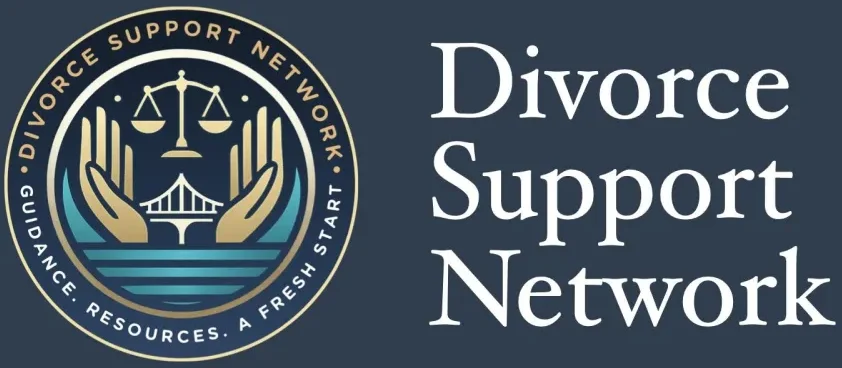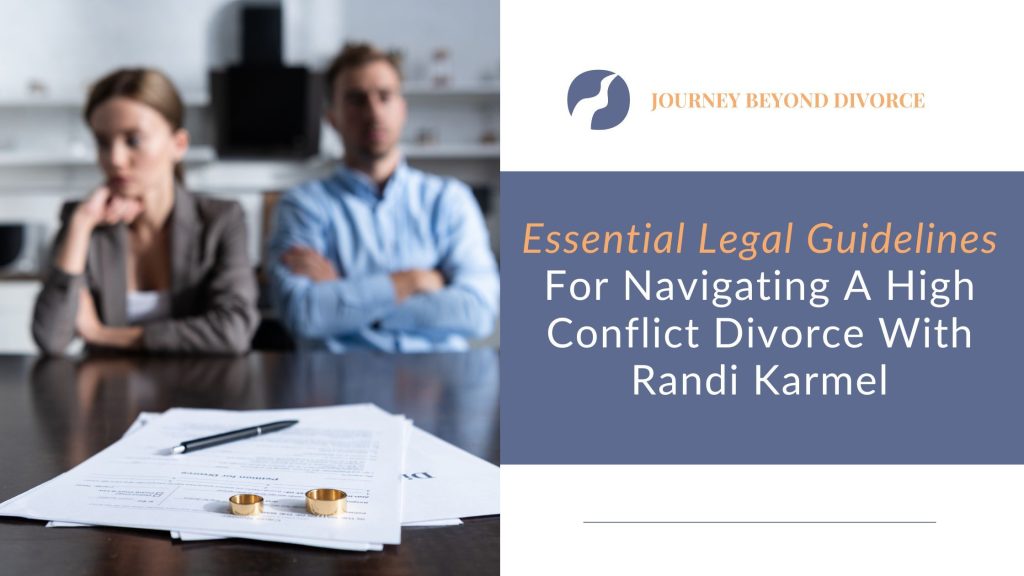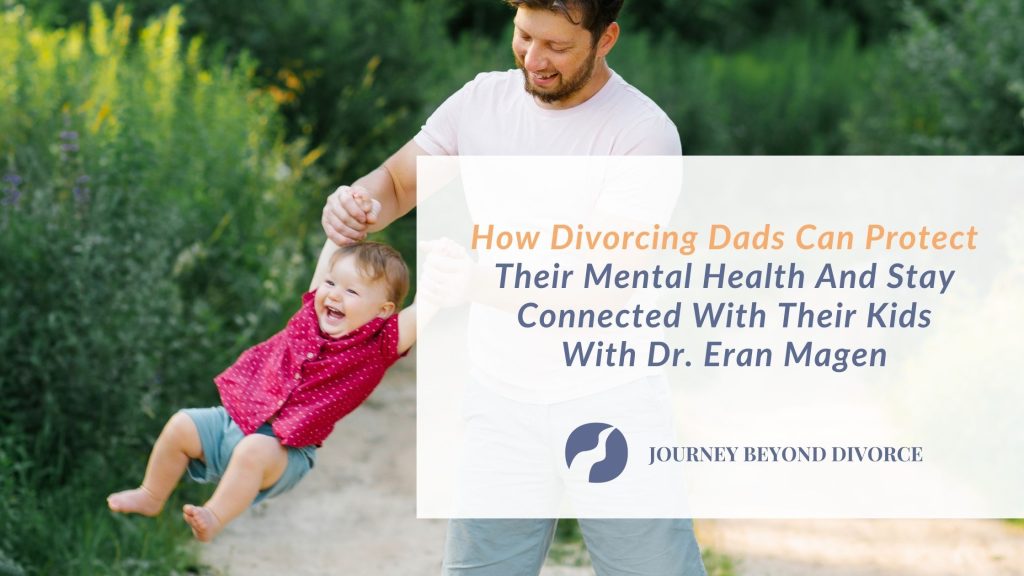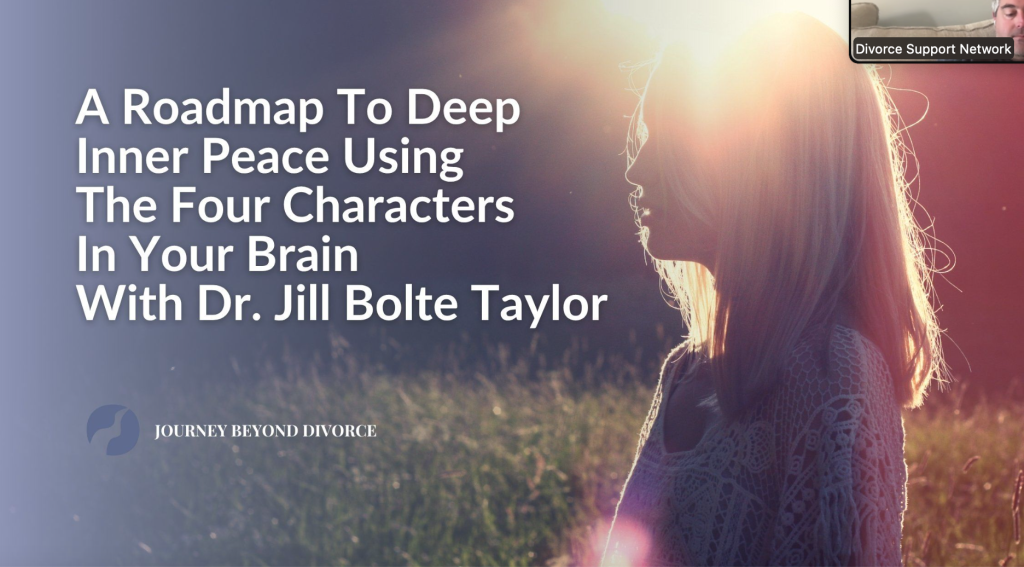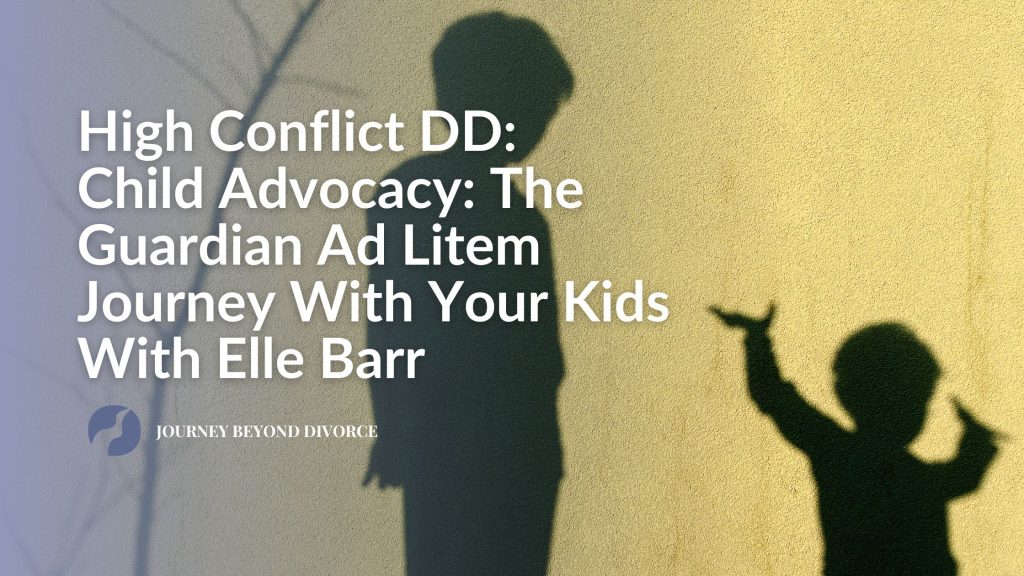Emotional Resources for Divorce: You Don’t Have to Go Through This Alone

Divorce isn’t just a legal process. It’s an emotional experience — sometimes raw, sometimes numb, often messy and unpredictable. Even if you’re the one who chose to leave, even if the relationship has been broken for a long time, there’s still grief. There’s still fear. There’s still the overwhelming question: What happens now?
No matter how your marriage ended, what you’re feeling is real — and valid. You might feel sad, angry, relieved, guilty, anxious, or hopeful. Sometimes you’ll feel all of that in a single day. That emotional whirlwind doesn’t mean you’re doing it wrong. It means you’re human.
The emotional side of divorce deserves just as much attention as the paperwork and legal steps. But this part can be harder to talk about. You might feel pressure to “be strong” or to move on quickly. Maybe you’re afraid people won’t understand, or you’ve already been told to “just let it go.” But healing from a divorce is not something that can be rushed or shoved aside. It’s something that unfolds over time — with care, with support, and often, with help.
One of the most helpful tools during divorce is therapy. Whether you choose to work with a licensed counselor, psychologist, or therapist who specializes in relationship transitions, having a safe space to process your thoughts can be life-changing. Therapy can help you understand your patterns, grieve what you’ve lost, and start building something new. And if in-person sessions don’t feel right for you, online therapy options can offer more flexibility and privacy while still giving you that much-needed support.
For some people, individual therapy is the starting point. For others, it’s a support group — a space filled with people who actually get what you’re going through. These groups can be powerful because they remind you that you’re not alone. Hearing someone else voice your exact thoughts or struggles can make you feel seen in a way that’s hard to explain. And whether it’s in-person or virtual, the act of showing up and being honest is often a huge step toward healing.
If therapy or group support isn’t right for you just yet, there are still ways to care for your emotional health. Writing down what you’re feeling, even if it’s messy or contradictory, helps you make sense of the chaos. You don’t need a fancy journal or structured prompts — just a quiet moment to unload what’s weighing on you. Some people find that mindfulness practices, like breathwork or guided meditation, help calm the nervous system during overwhelming days. Others find peace in movement, music, or time in nature. What matters is finding small, intentional ways to check in with yourself and give your mind a place to land.
Of course, not all emotional experiences during divorce are manageable with journaling and self-reflection. Sometimes things feel heavy in a way that doesn’t lift. If you’re noticing signs of depression, prolonged anxiety, panic, hopelessness, or emotional numbness that doesn’t go away, please know that those are signs to seek more support — not signs that you’re failing. Divorce is a major life stressor, and it’s okay to ask for help navigating it.
At Divorce Support Network, we believe that emotional healing is just as important as legal closure. You are not weak for struggling. You are not broken because you’re hurting. You are simply going through something enormous, and you deserve every bit of support as you move through it. Whether that’s a therapist, a trusted friend, a support group, or just a place to breathe and be seen, we’re here to help you find it.
You don’t have to go through this alone. And you don’t have to have it all figured out. You just have to start — one step, one breath, one moment at a time.
